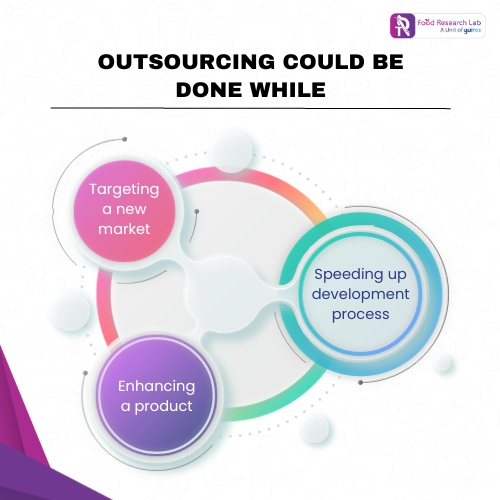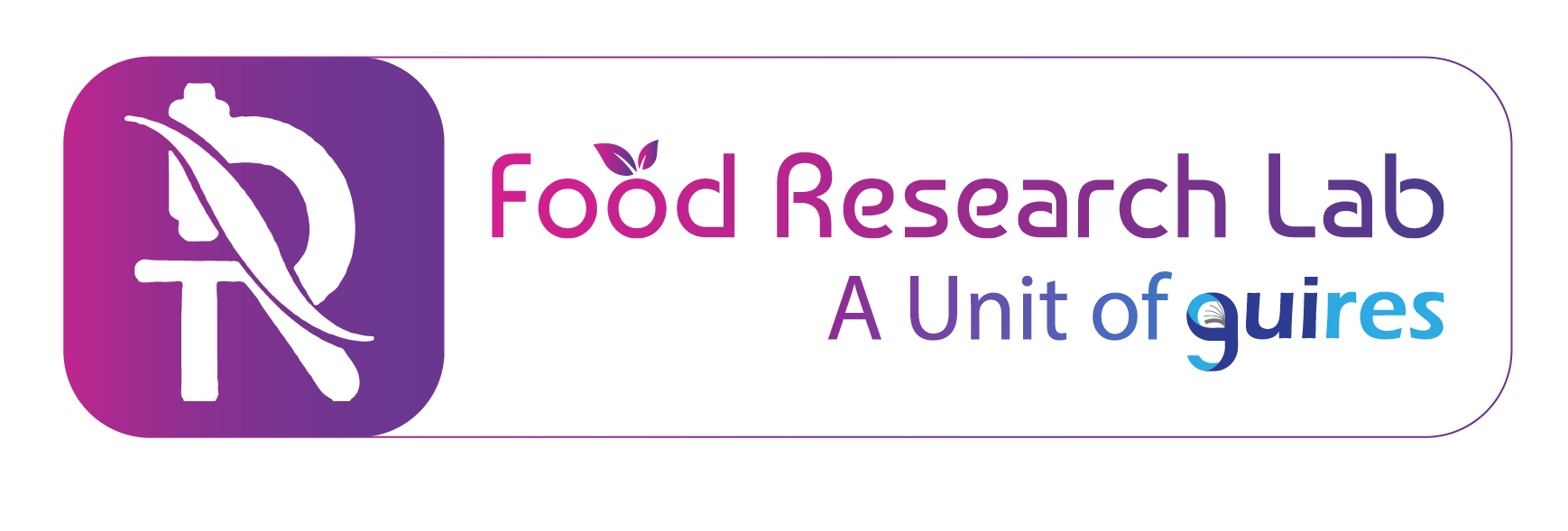
Guires FRL: Co-Innovation in Nutraceuticals & Food Supplements
Co-innovation in the Nutraceutical and Food Supplement Industry
In today’s day and age, businesses must be innovative so that they can have a competitive edge, lest they may risk being left behind. Throughout history, companies tended to focus internally when seeking new developments in food, nutraceuticals or pharmaceuticals. However, this approach was limited and did not yield long-term results. Presently, businesses are recognising the value of an outward approach, involving end users and leveraging external resources like contract R&D. This proves to be more effective in fostering innovation, leading to co-innovation.
What exactly is co-innovation?
Co-innovation represents a different type of innovation that merges various ideas and methods from internal and external channels, creating new values both for the organisation and shared among stakeholders. Co-innovation involves active engagement, co-creation, and delivering compelling experiences to drive value creation.
Advantages of co-innovation
Co-innovation offers numerous advantages for the nutraceutical and food supplement sector. The following section discusses the advantages of co-innovation:

Fig 1: Co-innovation helps with ideation
- Opens new perspectives for new product development
Ideation is one of the main challenges companies face while developing a new product.
Since co-innovation involves external stakeholders, such as end-users and contract R&D, nutrition and nutraceutical companies can gain different insights and formulate innovative products.
Guires FRL supports co-innovation for developing new products or reverse-engineering existing products. According to Dr. Radhika, Head of Product Development at Guires FRL, “Gaining consumer insights and involving novices can offer innovative ideas that encourage us to think differently. These ideas can help us with developing products that have not been thought about previously.”
An example of a new idea for developing an innovative product is chia oil capsules as an omega-3 supplement, as suggested by a novice in Guires FRL.
- Co-innovation reduces the risks associated with product development
A key advantage of co-innovation is that it significantly reduces the economic risks associated with new product development. Involving multiple stakeholders can help address the challenges involved in developing a new product, like market insights and product pricing. Co-innovation also fosters advocacy and buy-in, which decreases the chances of product failure in today’s highly competitive market.
- Co-innovation fosters trust, transparency and brand authenticity
Authenticity, brand transparency and trustworthiness influence consumers’ purchasing decisions. Co-innovation often involves gaining consumer feedback, and including consumers ensures that the products meet their preferences. Consumers are more likely to be loyal to a brand that addresses their concerns than those that have transactional and impersonal relationships.
Outsourcing as a type of co-innovation
Since co-innovation involves external stakeholders, outsourcing to a contract R&D has gained importance. In recent years, nutraceutical industries have gravitated to a leaner business model that depends on contract R&D.
When can outsourcing be done?
Outsourcing nutraceutical and food supplements can be done at the following stages:

- While targeting a new market
Market research is crucial to know about the preferences of a target audience in a location. Outsourcing helps in gaining consumer insights and preferences of that place.
- While enhancing a product
Outsourcing to an R&D and CDMO helps nutraceutical companies with the latest trends they can implement to improve an existing product. This knowledge, in turn, can help them to learn about the industry and have a competitive edge by improving their products.
- Speeding up the development process
A CDMO helps in identifying bioactive compounds that can be used to formulate nutraceuticals. Guires FRL is a CDMO that offers real-time adaptive manufacturing, which helps create a product that meets the target audience’s needs. Outsourcing to a CDMO can help address challenges in nutraceutical manufacturing, such as product availability and quality control.
Conclusion
Innovation is essential for businesses to succeed in today’s competitive landscape, especially in the nutraceutical and food supplement industries. In the past, internal concentration hindered advancement, but co-innovation involves external insights that bring different concepts that, in turn, boost creativity and stimulate the creation of innovative products. This strategy involves customers in the ideation phase, which reduces risks, improves transparency, and fosters brand credibility. By utilizing outsourcing as a component of co-innovation, companies gain access to outside knowledge for product improvement, market research, and expedited development, giving them a competitive advantage in this dynamic sector.
How Guires FRL Global Contract R&D can help
At Guires FRL, we have a team of scientists and technologists who offer new product development services. We assist manufacturing companies with developing products that fulfil consumers’ requirements. Moreover, we help with cost analysis and obtain certification for the product.
Our product development services include:
- Food Product Development,
- Beverage formulation,
- Nutraceutical formulation,
- Animal Food Product Development,
- Cosmeceutical Product Development,
- Herbal Product Development,
- Agriculture Crop Innovation, and
- Reverse engineering
To know more about the types of products we have formulated, check out our portfolio.





